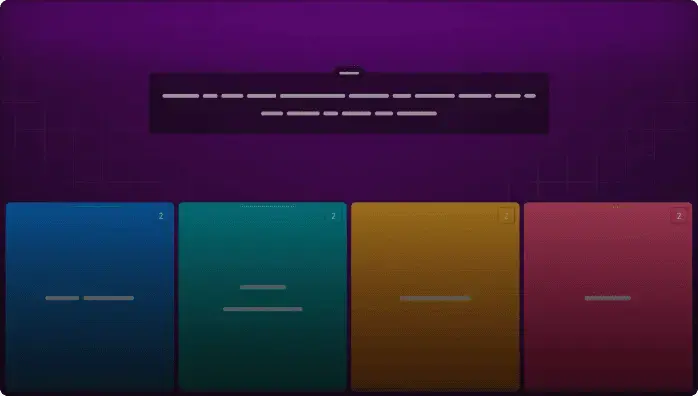
critical thinking
Assessment
•
AJ Jaquzizz
•
English, Philosophy, Professional Development
•
10th Grade - University
•
53 plays
•
Medium
Student preview

24 questions
Show answers
1.
Multiple Select
Moment to moment, most thinking happens automatically. When you think critically, you deliberately employ any of the above intellectual tools to reach more accurate conclusions than your brain automatically would (more on this in a bit).
True
False
2.
Multiple Choice
What is Critical Thinking?
refer to abilities to be open-minded, mindful, and analytical, and to evaluate, question, reason, hypothesize, interpret, explain, and draw conclusions.
refer to abilities to be close-minded, mindful, and analytical, and to evaluate, question, reason, hypothesize, interpret, explain, and draw conclusions
3.
Multiple Choice
Critical thinking is the opposite of regular, everyday thinking.
True
False
4.
Multiple Choice
How important is critical thinking in the classroom?
Not important
Slightly important
Very important
5.
Multiple Choice
Which one is NOT part of the 7 critical thinking skills?
Analysis
Problem Solving
Close-mindedness
Inference
Explore all questions with a free account
Find a similar activity
Create activity tailored to your needs using
.svg)

Critical Thinking Skills
•
10th Grade - University

Critical Thinking ICC
•
10th Grade - University

Comprehension Critical Thinking
•
10th Grade - University

Critical Thinking Comprehension
•
10th Grade - University

What is critical thinking?
•
University

CRITICAL THINKING
•
University

Critical Thinking
•
12th Grade - University

Critical Thinking
•
10th Grade - University